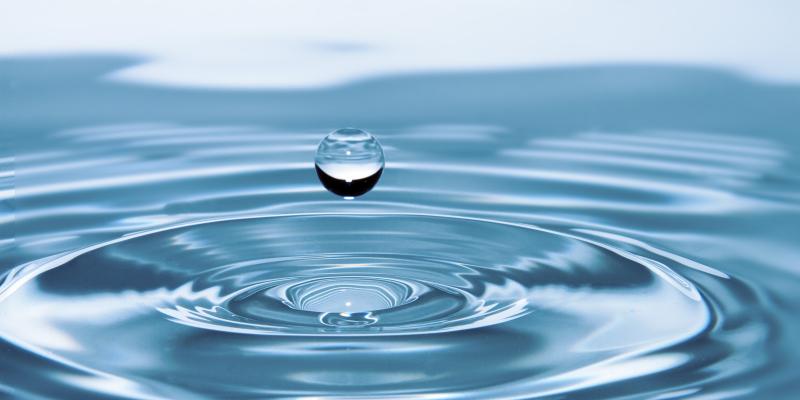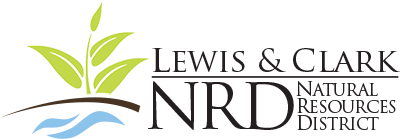TAKE TIME TO CONSIDER WATER QUALITY

August marks National Water Quality Month, established in 2005 by the Environmental Protection Agency (EPA) with support from the United Nations. The primary objective is to foster conversations on measures that individuals and communities can adopt to ensure access to safe, clean drinking water for future generations.
As National Water Quality Month approaches, it is essential to recognize the critical role each of us plays in safeguarding our water sources. Whether it's the fish that inhabit these waters or the plants and animals that depend on lakes and rivers for sustenance, our daily actions can either enhance or diminish water quality. Groundwater is essential for drinking and agriculture, making its conservation crucial for communities and food production. By being mindful of our daily habits and taking steps to preserve this indispensable resource, we help ensure clean, safe water for current and future generations.
Numerous factors can influence the quality of local water resources. As custodians of our environment for future generations, it is important to remain informed about strategies to prevent land and water contamination. The following practices are just a few actions that can be implemented at home to aid in improving water quality:
- Wash your car at a car wash: Although it may cost more than washing your car at home, taking your car to a car wash saves water and prevents harmful chemicals from entering storm drains. Car washes must legally drain into sewer systems, allowing water to be treated and reused.
- Pick up after your pets. Cleaning up after pets is crucial for maintaining water quality, as pet waste contains harmful bacteria and nutrients that can easily be washed into storm drains during rainfall.
- Dispose of household items responsibly. Improper disposal, even of items such as house paint, can have adverse effects on local water systems.
- Install a rain barrel to collect rainwater. Collecting rainwater provides an eco-friendly way to water plants and lawns, which also reduces costs.
The Lewis and Clark Natural Resources District provides testing for nitrates and bacteria in domestic wells at no cost. If you have never tested your well before or have noticed any changes, such as a different taste/smell, or staining, we recommend a W3 Water Quality test kit. The W3 Water Quality kits test for multiple parameters such as E. coli, Sodium, Iron, Chloride, pH, Nitrate, and others to assess water quality, and are also available for purchase at $82.00. For more information, contact the office at 402-254-6758 or visit 608 N Robinson Ave, Hartington.
